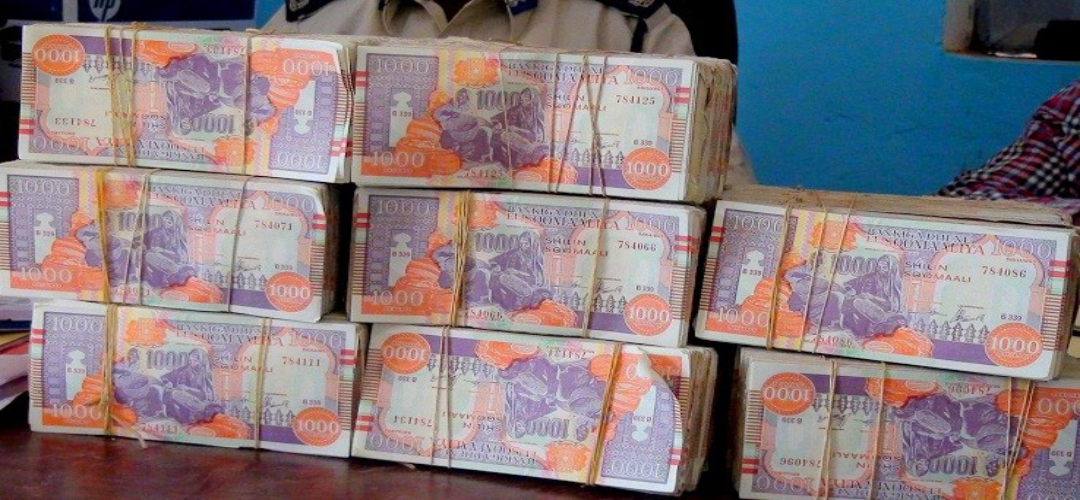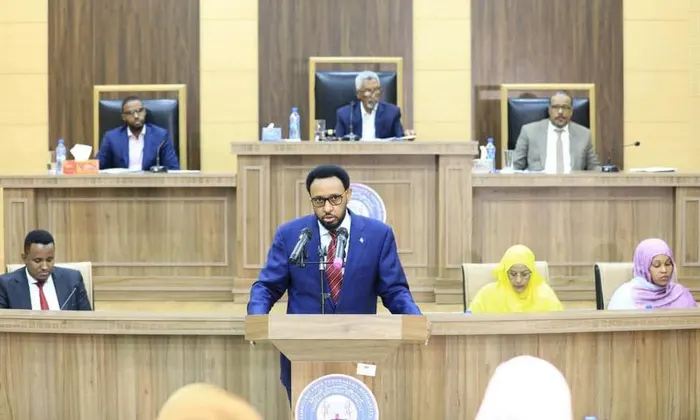Somalia: A Clean Slate?
March 23, 2024 | Expert Insights

The Paris Club, comprising some of the wealthiest creditor countries, has agreed to cancel 99 per cent of Somalia's $2 billion debt. The waiver from creditors, including the U.S., UK, Russia, Norway, and Japan, offers a leg up to the country as it inches along economic recovery from a decades-long conflict.
The debt relief comes through the IMF and World Bank's Heavily Indebted Poor Countries Initiative (HIPC). After three decades of isolation, it marks Somalia's re-entry into the international financial system.
Background
A small nation in the Horn of Africa, Somalia broke out into clan warfare after its communist government led by Mohamed Siad Barre fell in 1991. Successive governments have grappled with this internal conflict, as well as an Islamist insurgency spearheaded by the Al-Shabaab militant group. It grabbed international eyeballs in 1993 when a joint humanitarian mission of the U.S. and the UN was unceremoniously pushed out of the country by warlords following humiliating U.S. and UN losses in what has been recorded for posterity in the blockbuster film 'Black Hawk Down.'
The current government of Hassan Sheikh Mohamud faces one of the country's worst droughts. However, it has witnessed three major milestones under its rule: Somalia was welcomed into the East African Community, an integrated regional bloc in Africa. Then, the UN Security Council voted to lift a 1992 arms embargo on Somalia.
The latest relief came when creditors led by the IMF and the World Bank offered a whopping $4.5 billion in debt relief. This move opened the way for Somalia’s return to the global financial system after decades of clan fighting and state collapse. This was followed by the final debt waiver, which has effectively wiped off 99 per cent of the country’s debt, allowing it a more or less clean slate.
According to the Paris Club, individual borrowers would forgive some of the debt on a voluntary, bilateral basis, while the rest would be through the IMF and World Bank HIPC schemes.

Analysis
This is a significant victory for Mr Mohamud, who entered his second term in 2022, promising that he would mend ties with Somalia's neighbours and also take action to combat Al-Shabab, the al-Qaeda-linked jihadi group behind an insurgency disrupting the country.
Unsustainable debt remains a serious issue for developing countries, highlighted at the India-led G20 last year. Countries like Zimbabwe and Sri Lanka continue to be knee-deep in debt. Somalia's completion of debt relief marks a success for the initiative, which supports debt-ridden countries in restructuring their budgets, making their finances more transparent, and reducing poverty. Countries implement IMF and World Bank requirements towards these ends to secure debt relief.
Somalia is the 37th country to reach the completion point under the HIPC initiative. This milestone sends a strong message to creditors, investors, and the world at large about the country's efforts to reform its economy.
The debt write-off will allow Somalia to focus on other economic goals, such as addressing poverty and unemployment, prioritizing social services like education and health, and investing in the domestic economy. It will also enable the government to access a range of concessional loans, grants, and financial instruments to assist with delivering public services and bolster its capacity to generate domestic revenue.
However, Somalia will have to tread carefully to avoid getting embroiled in another conflict that could consume fiscal resources and rake up debt again. Tensions are flaring in the horn of Africa as Ethiopia, Somalia’s much larger neighbour, seems set on a controversial port deal with Somaliland, a breakaway state from Somalia that the latter still claims as its own.
It is worth noting that Somalia is still engaged in an internal war against al-Shabab. Former HIPC graduates with similar political and economic fragility to Liberia and Sierra Leone gained debt relief after coming out of civil conflict. The Somalian government continues to spend around two-thirds of its domestic revenue on security, which does not leave much room for schools and hospitals and does not encourage economic growth.
Assessment
- The 99 per cent debt relief opens up new avenues of funding, fiscal space, and economic opportunities for Somalia.
- As it struggles to get back on its feet from more recent crises like the pandemic and a locust outbreak, it remains to be seen whether the government will be able to use its new financial lease to prioritize socio-economic development or whether the country will get caught up in further conflict that seems to plague so many nations in the region.
- The crucial question remains whether Somalia will swim or sink like other HIPC countries that have returned to debt distress. The government has agreed to follow a new IMF scheme where the IMF will lend $100 million over three years to help Somalia avoid getting into risky loans.








Comments